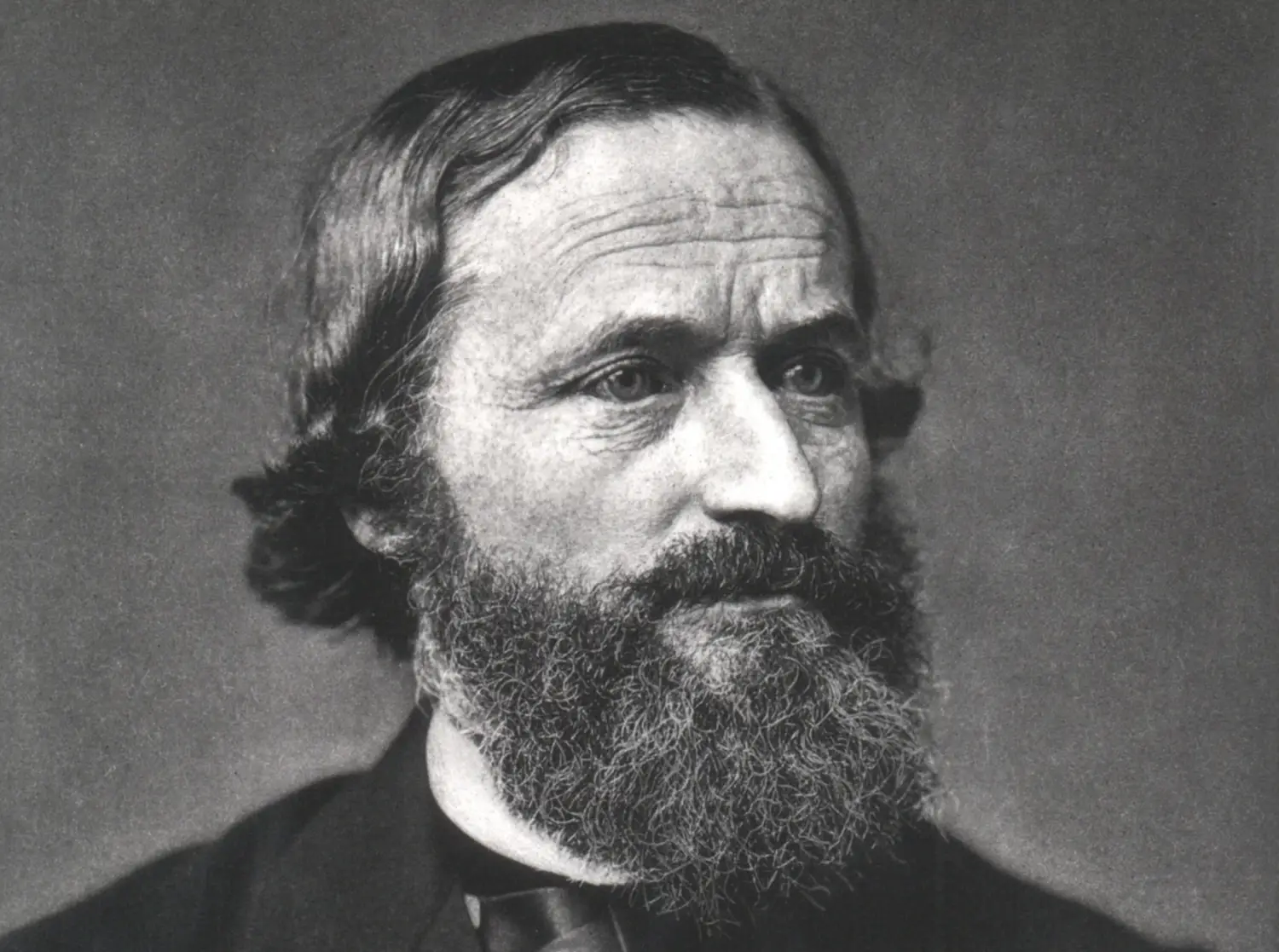Gustav Kirchhoff was a German physicist who greatly influenced and contributed the foundamental understanding of electrical circuits, spectroscopy, and the emission of black-body radiation by heated objects.
Early life
Gustav Robert Kirchhoff was born on March 12, 1824, in Königsberg, East Prussia. Gustav was the son of Friedrich Kirchhoff and Johanna Henriette Wittke.
Education
Kirchhoff graduated from the Albertus University of Königsberg in 1847. There he attended the mathematico-physical seminar directed by Franz Ernst Neumann and Friedrich Julius Richelot.
Achievements
Kirchhoff is well know for his circuit laws, which are now a standard in electrical engineering. He formulated these laws while still a student.
In 1862 he was awarded the Rumford Medal for his researches on the fixed lines of the solar spectrum, and on the inversion of the bright lines in the spectra of artificial light.
Kirchhoff’s three laws of spectroscopy:
1. A hot solid object produces light with a continuous spectrum.
2. A hot tenuous gas produces light with spectral lines at discrete wavelengths which depend on the energy levels of the atoms in the gas.
3. A hot solid object surrounded by a cool tenuous gas produces light with an almost continuous spectrum which has gaps at discrete wavelengths depending on the energy levels of the atoms in the gas.
Kirchhoff did not know about the existence of energy levels in atoms. The existence of discrete spectral lines was later explained by the Bohr model of the atom, which helped lead to quantum mechanics.
Later life
Kirchhoff died in 1887, and was buried in the St Matthäus Kirchhof Cemetery in Schöneberg, Berlin.
Gustav Kirchhoff quotes
“Look here, I have succeeded at last in fetching some gold from the sun.”
“Why do you want to come into physics? All is done and understood.”

